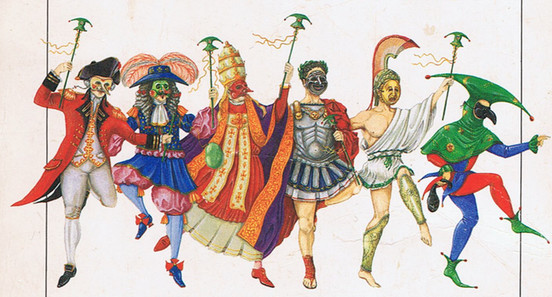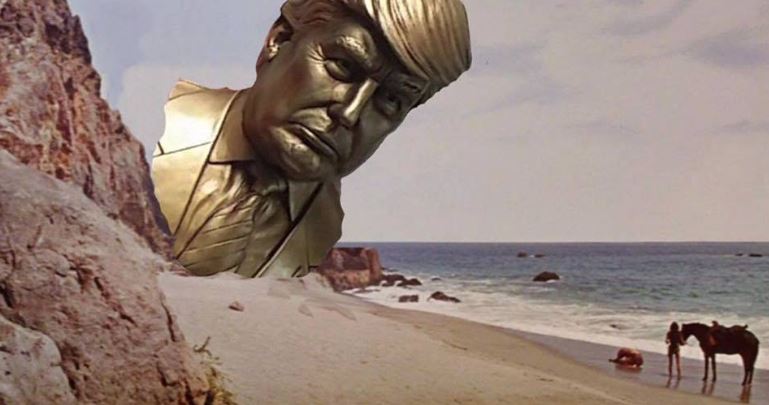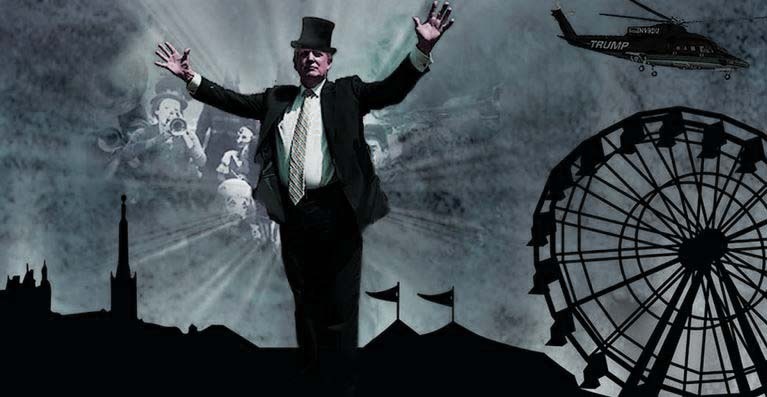“Folly is a child of power.” ― Barbara W. Tuchman, The March of Folly: From Troy to Vietnam
“A phenomenon noticeable throughout history regardless of place or period is the pursuit by governments of policies contrary to their own interests. Mankind, it seems, makes a poorer performance of government than of almost any other human activity. In this sphere, wisdom, which may be defined as the exercise of judgment acting on experience, common sense, and available information, is less operative and more frustrated than it should be. Why do holders of high office so often act contrary to the way reason points and enlightened self-interest suggests? Why does intelligent mental process seem so often not to function?” ― Barbara W. Tuchman, The March of Folly: From Troy to Vietnam
The term “folly” is particularly apt at this stage in the decline of the great American empire. Folly is defined as: criminally or tragically foolish actions or conduct; an excessively costly or unprofitable undertaking. If ever a word captured the actions of American political leaders in the 21st Century and reflect the tragic downfall of an empire borne out of the ashes of the Second World War, it is the term “folly”.
For the last two decades I’ve been befuddled by the inane foolishness of our leaders, as they have driven the nation into a bottomless pit of debt at an astoundingly ridiculous pace, initiated military conflict across the globe, and in the last three years initiated anti-human policies guaranteed to destroy our economic system, depopulate the planet, increase human suffering, and turn the world into a techno-gulag where we will own nothing, eat bugs, and bow down to the commands of globalist overlords.
Continue reading “MARCH OF FOLLY: FALL OF AMERICAN EMPIRE”









